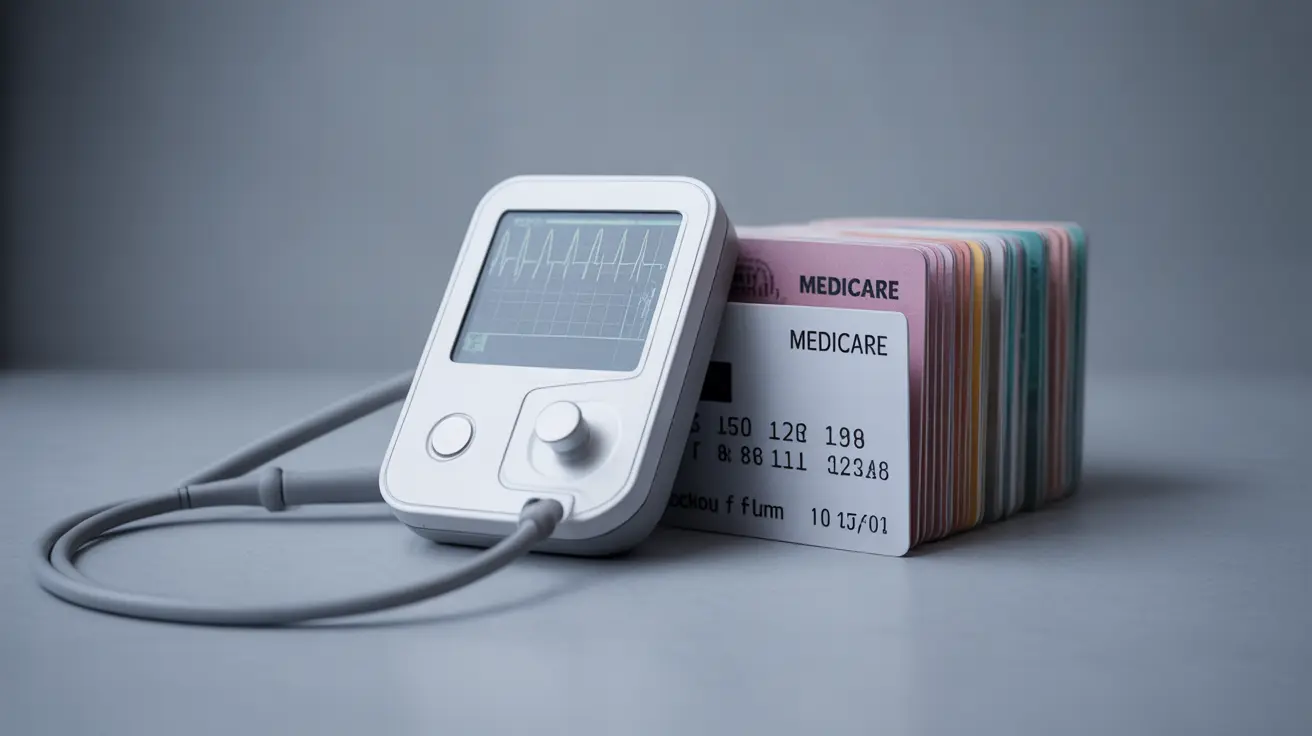Understanding the cost of a 24-hour Holter monitor test with Medicare coverage is essential for patients needing cardiac monitoring. This diagnostic test helps doctors track heart rhythms continuously, but knowing what Medicare covers and what you'll need to pay out-of-pocket can help you better prepare for the expenses involved.
In this comprehensive guide, we'll break down the costs associated with Holter monitoring under Medicare, including coverage details, deductibles, and potential additional expenses you should know about.
Medicare Coverage for Holter Monitor Tests
Medicare Part B typically covers Holter monitor tests when they're deemed medically necessary by your healthcare provider. This coverage applies when the test is ordered to diagnose or monitor conditions such as:
- Irregular heartbeats (arrhythmias)
- Unexplained fainting
- Heart palpitations
- Suspected heart conditions requiring continuous monitoring
The test must be ordered by a Medicare-approved physician and performed at a Medicare-participating facility to ensure coverage.
Understanding Your Out-of-Pocket Costs
After meeting your annual Medicare Part B deductible, you'll typically be responsible for 20% of the Medicare-approved amount for your Holter monitor test. The total cost can vary depending on:
- Your specific Medicare plan
- The facility where you receive the test
- The length of monitoring required
- Additional services needed during the monitoring period
Medicare Part B Deductible and Coinsurance
For 2024, the Medicare Part B deductible must be met before coverage begins. Once you've met this deductible, Medicare will cover 80% of the approved amount for your Holter monitor test, leaving you responsible for the remaining 20% coinsurance.
Extended Monitoring Periods and Associated Costs
While standard Holter monitoring typically lasts 24 hours, some patients may require longer monitoring periods. Medicare coverage can extend to longer monitoring periods when medically necessary, but this may affect your total out-of-pocket costs.
Costs for Different Monitoring Durations
The cost structure may vary depending on the length of monitoring:
- 24-hour monitoring (standard duration)
- 48-hour monitoring
- Extended monitoring (beyond 48 hours)
Ensuring Medicare Coverage for Your Test
To maximize your Medicare coverage and minimize out-of-pocket expenses, consider these important steps:
- Confirm your doctor accepts Medicare assignment
- Verify the testing facility is Medicare-approved
- Get prior authorization if required by your plan
- Keep detailed records of your symptoms and medical necessity
Frequently Asked Questions
How much does a 24 hour Holter monitor test cost with Medicare coverage? After meeting your Part B deductible, you'll typically pay 20% of the Medicare-approved amount for the test. The total cost can vary by location and provider, but Medicare covers 80% of the approved amount.
What portion of the Holter monitor cost am I responsible for after meeting the Medicare Part B deductible? You're responsible for 20% of the Medicare-approved amount as coinsurance after meeting your annual Part B deductible.
Does Medicare cover a Holter monitor test if I have symptoms like arrhythmia or palpitations? Yes, Medicare covers Holter monitor tests when they're deemed medically necessary for diagnosing conditions like arrhythmia or investigating symptoms such as palpitations.
How can I make sure my Holter monitor test is covered by Medicare or Medicare Advantage? Ensure your doctor accepts Medicare assignment, verify the testing facility is Medicare-approved, and confirm that the test is ordered as medically necessary. Medicare Advantage plans may require prior authorization.
Are there additional costs for a Holter monitor test if the monitoring period exceeds 48 hours? Yes, longer monitoring periods may result in additional costs. While Medicare still covers 80% of the approved amount, the total cost might be higher due to the extended monitoring time and additional services required.




